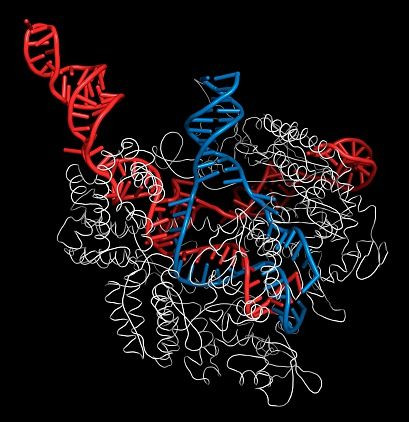No Evidence To Prove That CRISPR Babies Will Die Prematurely, Say Scientists

Scientists have now retracted a study that had raised questions over the future health of the world’s first gene-edited babies due to key errors that undermined its findings. The study which was published in June 2019 had emphasized that individuals with two copies of a natural genetic mutation conferring HIV resistance are at a higher risk of dying prematurely.
Last November, scientists created the first-ever CRISPR (a gene-editing tool)- babies to remove the gene CCR5 (which codes for a protein that HIV uses to enter the body). And it has now been proved that the twin girl babies born using the CRISPR gene-editing tool did not end up carrying this exact mutation.
And several studies that once again analyzed new data from genome databases have now rejected the findings and suggest that there isn’t any evidence that people with the mutation die earlier than the rest. They noted that the erroneous conclusion about CCR5 was caused due to the technical errors in the way the mutation was identified in a population-health database.
Rasmus Nielsen, the lead author & a population geneticist, University of California, Berkeley, said: “I feel I have a responsibility to put the record straight for the public”. He has also co-authored another paper that rebuts its findings.
His team’s analysis was based on the genetic and health data collected from about 410,000 individuals who had enrolled in the U.K. Biobank research project. However, that database showed only a very few individuals who possessed two copies of CCR5-Δ32 compared to what was predicted in the evolutionary theory.
Nielsen opines that this is because the method that “measured the variant they were tracking did not always identify its target sequence”.
“Also, there were checks we could have done and should have done that we didn’t do. We missed the fact that there was a genotyping error,” he added.
Yet another study that tracked the genome database of approximately 300,000 individuals from Finland and Iceland also failed to find any evidence.
Moreover, the researchers stressed the fact that the discrepancies identified with the gene variant don’t mean a green signal for gene editing of CCR5. They feel that it is very much reasonable to expect that it could have a valuable function that we are just unaware of how to measure and that it would seem quite unwise to just edit it out.
© Copyright IBTimes 2024. All rights reserved.






















